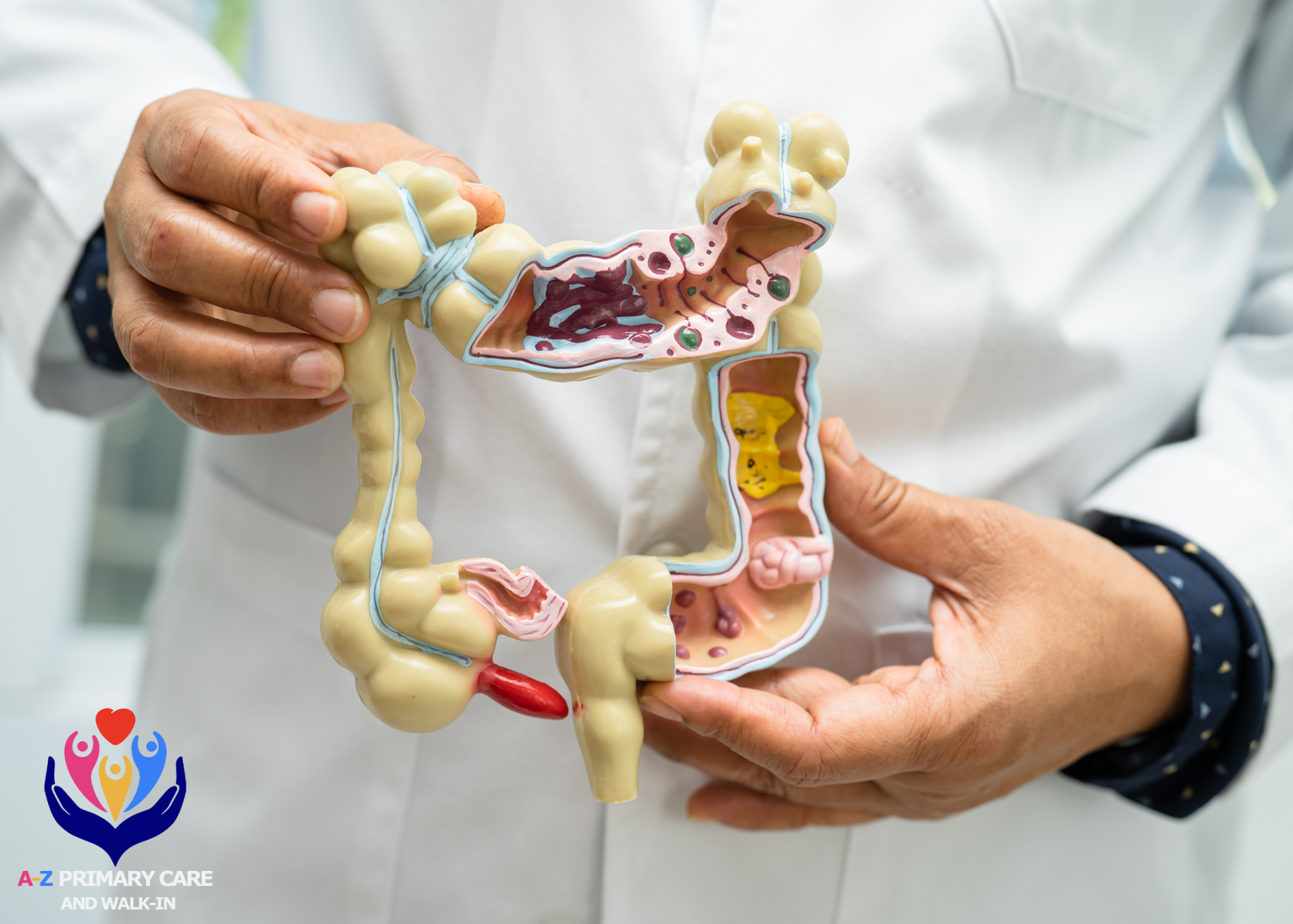Your gut is much more than just the part of your body that processes food. It’s often called the “second brain” because of the profound impact it has on various aspects of your health, including digestion, immunity, mental well-being, and chronic disease prevention. Recent research has unraveled how a balanced gut microbiome can be the key to optimal health, while an unhealthy gut can lead to a host of issues.
Understanding this vital connection empowers you to make informed choices to support better health. Read on to explore how your gut influences your overall wellness and how you can keep it thriving.
What is the Gut Microbiome?
Your gut microbiome consists of trillions of bacteria, fungi, and other microorganisms living primarily in your intestines. While some types of bacteria can cause illness, the majority are beneficial and essential for maintaining health. These microbes perform critical functions like breaking down food, producing nutrients, and protecting against harmful pathogens.
Interestingly, there are more bacterial cells in your body than human cells, emphasizing just how central this microbiome is to your well-being.
Quick Fact: Research from Healthline shows that up to 1,000 different species of bacteria exist in the average human gut, each serving unique roles.
The Role of Gut Health in Your Body
Below are the crucial ways your gut health affects your overall wellness.
1. Digestion and Nutrient Absorption
The gut is where the breakdown of food and absorption of nutrients occurs. Beneficial bacteria in your gut secrete enzymes that aid in digesting complex foods like fiber, producing short-chain fatty acids that fuel your gut cells.
A balanced microbiome supports optimal digestion, reducing issues like bloating, constipation, and diarrhea. If your gut bacteria are imbalanced, or if harmful bacteria take over, digestion becomes inefficient, potentially leading to nutrient deficiencies and discomfort.
2. Immune System Regulation
The gut plays a starring role in immunity, with up to 70% of immune system tissues residing in the gastrointestinal tract. Healthy gut bacteria act like gatekeepers, preventing harmful organisms from entering your bloodstream while also training immune cells to respond appropriately to threats.
An imbalance in your microbiome could weaken your immune defenses, making you more susceptible to infections and inflammatory illnesses.
3. Mental Health and Mood
Your gut and brain are intricately connected through what’s known as the gut-brain axis. The gut produces around 90% of your body’s serotonin, a neurotransmitter that regulates mood.
Poor gut health has been linked to mental health issues such as anxiety, depression, and even cognitive problems. Studies by Johns Hopkins Medicine suggest that improving gut health can enhance emotional well-being by supporting optimal brain function.
4. Chronic Disease Prevention
Your gut microbiome plays a role in reducing inflammation throughout the body, which is key to preventing chronic diseases like type 2 diabetes, obesity, and heart disease. Harmful gut bacteria, when left unchecked, can produce toxins that trigger inflammatory responses, increasing the risk of these conditions.
Related Read: Learn about gut health and its connection to chronic disease from UCHealth.
Signs of an Unhealthy Gut
Could your gut health be out of balance? Watch for these signs:
- Persistent bloating, gas, or diarrhea
- Food intolerances or sensitivities
- Skin issues like eczema
- Unexpected weight changes
- Low energy levels or fatigue
- Frequent illnesses
If you experience any of these symptoms, it may be time to focus on restoring gut health.
How to Improve Gut Health
Making small but consistent changes to your diet and lifestyle can have a major impact on your gut microbiome.
1. Eat a Fiber-Rich Diet
Fiber serves as food for your healthy gut bacteria. Prioritize foods like:
- Whole grains
- Fruits and vegetables (think spinach, apples, and bananas)
- Legumes, beans, and lentils
Fiber not only supports digestion but also helps regulate blood sugar, reduce cholesterol, and prevent constipation.
2. Add Probiotics
Probiotics are beneficial live bacteria found in foods like yogurt, kefir, sauerkraut, and kimchi. Supplementing your diet with probiotics can help replenish your gut’s beneficial microbes, particularly after antibiotic use.
A study from Healthline showed that probiotics could even help regulate mood and improve symptoms of depression.
3. Limit Processed Foods and Sugar
Highly processed foods and added sugars can disrupt the delicate balance of your microbiome, promoting the growth of harmful bacteria. Reduce consumption of sugary snacks, sodas, and processed meals for better gut health.
4. Stay Hydrated
Adequate hydration supports the mucosal lining of the intestines and helps balance good bacteria in the gut. Aim for 8–10 glasses of water per day.
5. Practice Stress Management
Chronic stress negatively impacts the gut-brain axis, leading to elevated cortisol levels that can disrupt your microbiome. Incorporate stress-management techniques like:
- Yoga or meditation
- Deep breathing exercises
- Journaling
6. Get Enough Sleep
Quality sleep is crucial for gut health, as it allows for repair and regulation of biological systems. Poor sleep can lead to an increase in negative gut bacteria, which may affect not just digestion but also mood and immunity.
7. Limit Antibiotics When Possible
While antibiotics are essential for fighting bacterial infections, they also eliminate many good bacteria. Only take antibiotics when absolutely necessary and consult with your doctor if gut-related side effects arise.
Start Your Journey to Better Health
Your gut health is the foundation of your overall wellness, influencing everything from energy levels to mood stability and immunity. By making intentional, gut-friendly choices, you can improve not only your digestive system but your quality of life.
Partner with Experts for Personalized Care
Understanding and improving your gut health doesn’t have to be daunting. Book a consultation at A-Z Primary Care to receive personalized guidance tailored to your unique needs. Visit www.azprimaryclinic.com or call 281-801-4286 today.
Take the first step toward a healthier you by nurturing your gut. Your body and mind will thank you!

